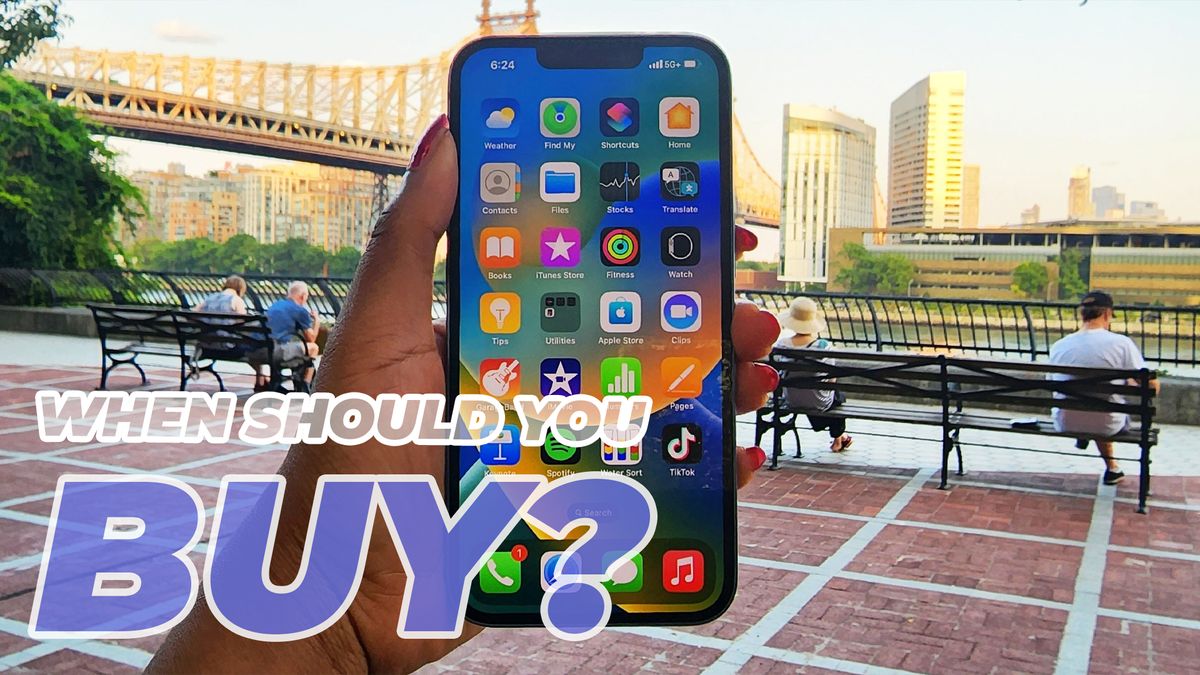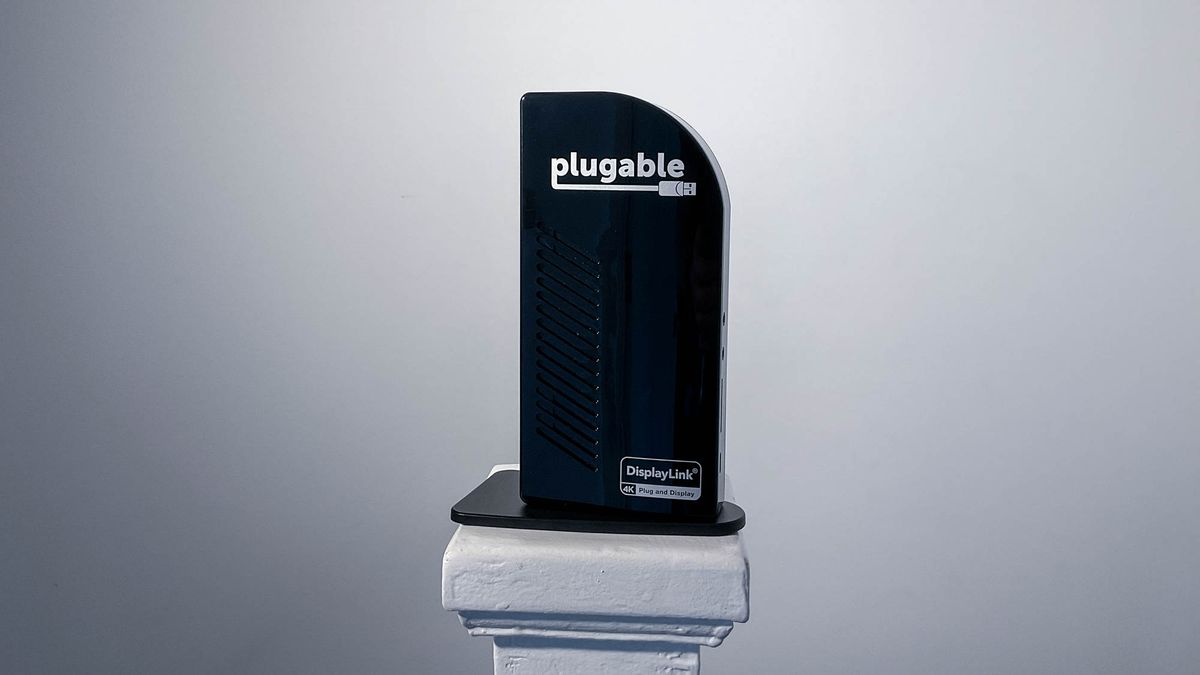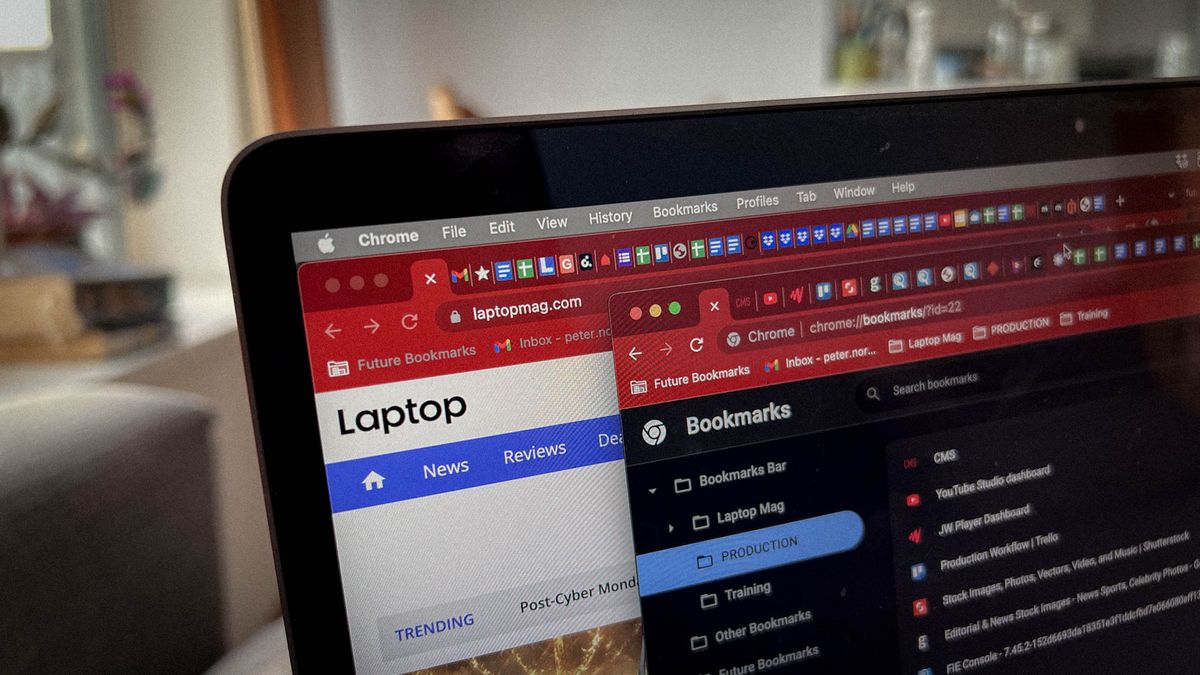“When should I upgrade and get a new iPhone?” It’s a common question that seems to have no direct answer. We’ve seen responses vary from “every year” to “up to five years,” and let’s be honest, both of these are wrong.
Naturally, the answer differs based on your needs, wants, and the amount of cash in your bank account. One fact that is set in stone is a new set of iPhones are announced and released every September or October, so if you’re within around three months of this launch window, wait and see what Apple cranks out.
If you aren’t interested in the finer details, there is a pretty standard rule that most people can choose to follow: wait three years. But for those who want something a bit more precise, let’s analyze the many different situations iPhone users find themselves in when asking whether it is time to upgrade, and provide some straightforward advice.
If you want to upgrade from a regular iPhone to an iPhone Pro — wait a couple of years
Let’s start with a couple of the broader questions people regularly ask themselves. Say you have a regular iPhone, and you’re keen to make the jump to a Pro model. What do you do?
My advice would be to stick with the iPhone you have for two years. The gap between standard and Pro iPhones is really beginning to expand, and after 24 months, that next model is going to be a significant enough jump up to be worth your investment.
If you want to switch from Android to iPhone — wait a couple of years
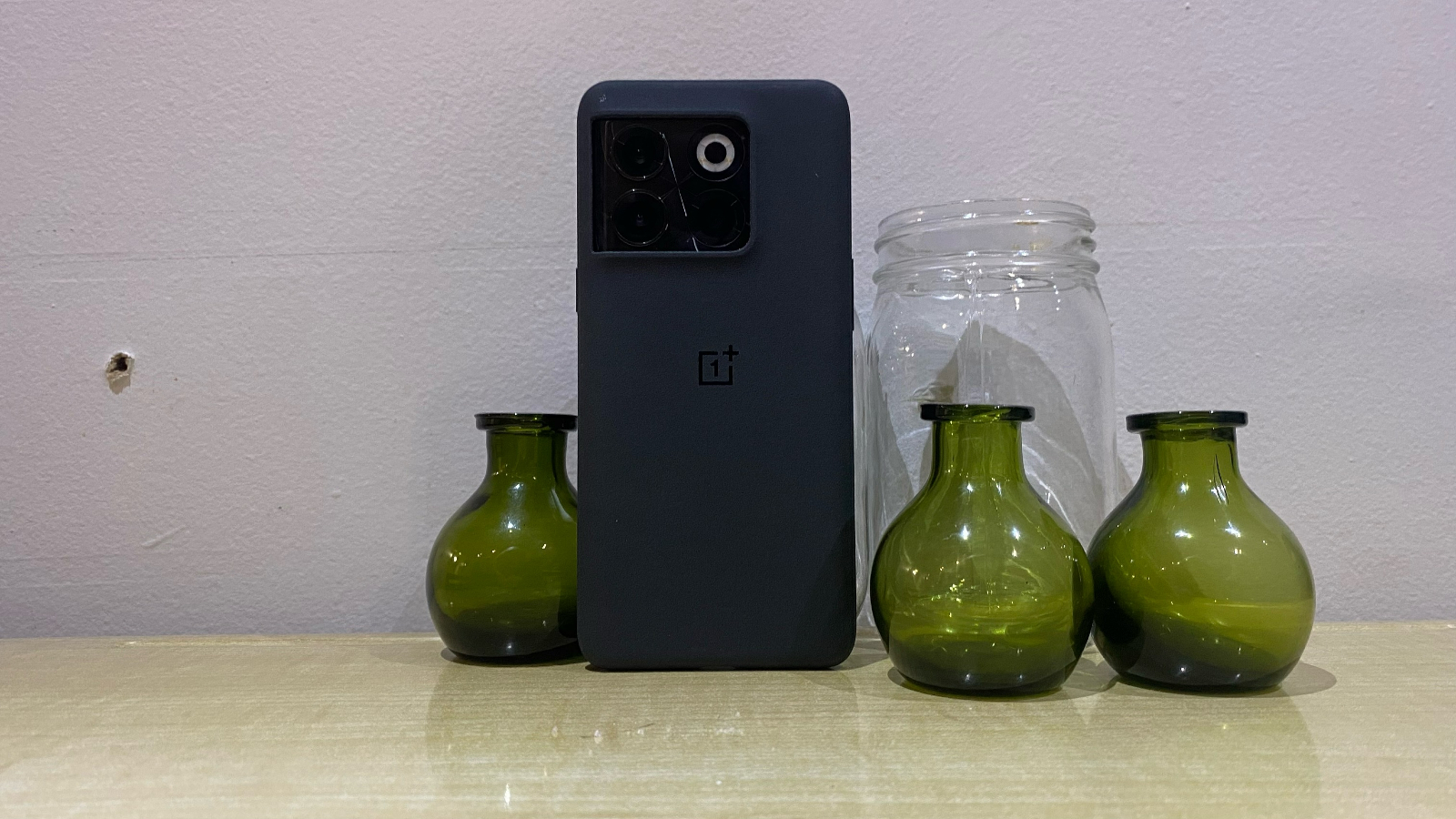
For those making the jump from Android to iOS, the same rules apply. Stick with the phone you have for two years, as most Android OEMs are promising software version support for at least three years so you’ll still be covered.
At the two year mark, the upgrades made to current iPhone models will be substantial enough that switching your phone will be worthwhile. Plus, you’re right at the beginning of what will be up to six years of iOS support, which is a step up from what you get on most Android phones.
If you own an iPhone 11 or older — upgrade now
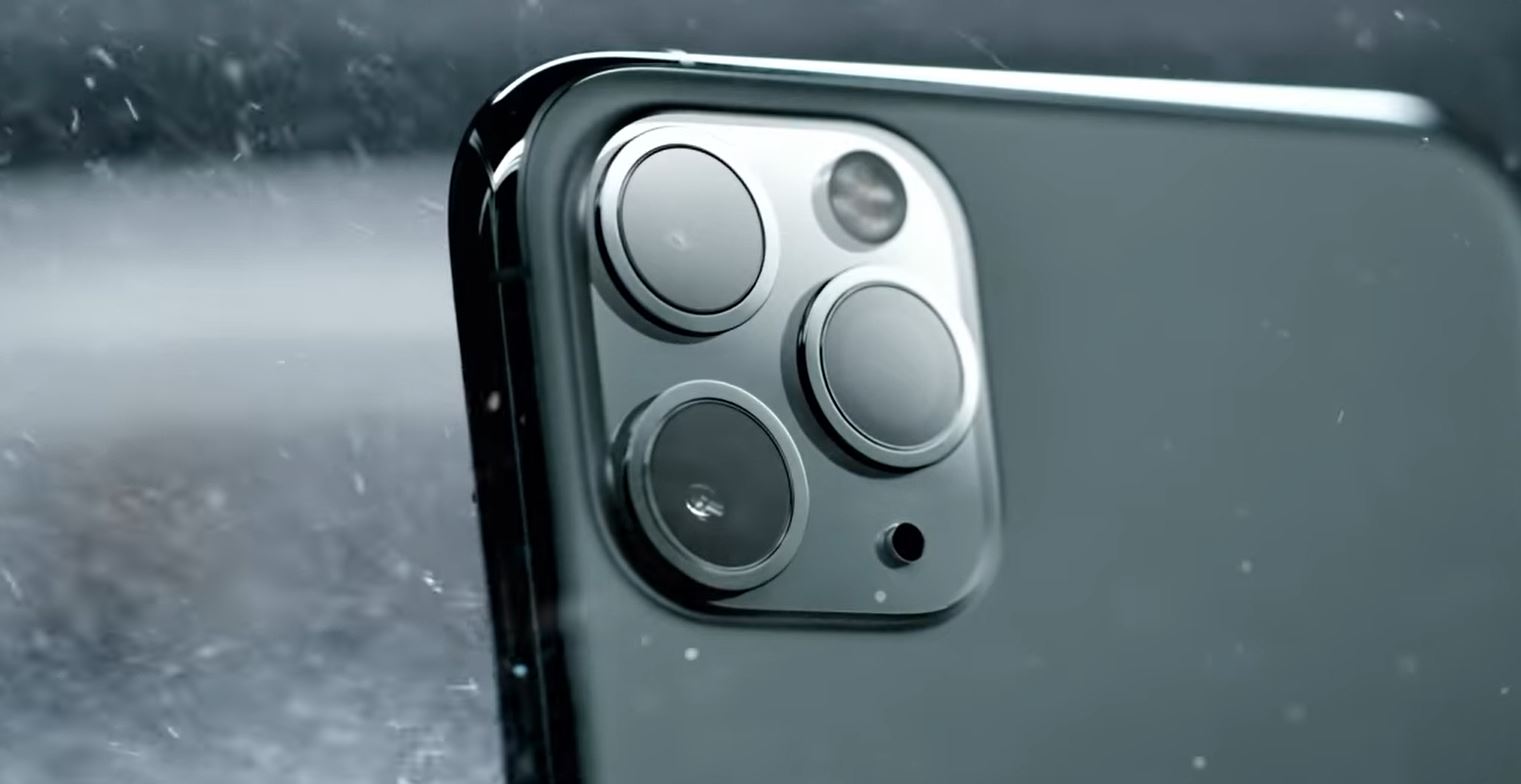
Upgrades to the iPhone 14 or iPhone 14 Pro are significant enough that it’s probably worth exploring an upgrade if you have an iPhone 11 or older. Just because every phone since the iPhone X is still receiving iOS updates, including the most recent iOS 16, does not mean that you should settle. You are after all losing out on some of the newer features of iOS due to hardware limitations.
The fact that sticking with a phone from 2019 or earlier is still a valid option in 2022 is warmly welcomed for people who want to save some extra money and grab a SIM-only contract deal. But Apple has moved on far enough that if you have the cash, you should consider upgrading.
If you own an iPhone 12 or 12 Pro — wait a year
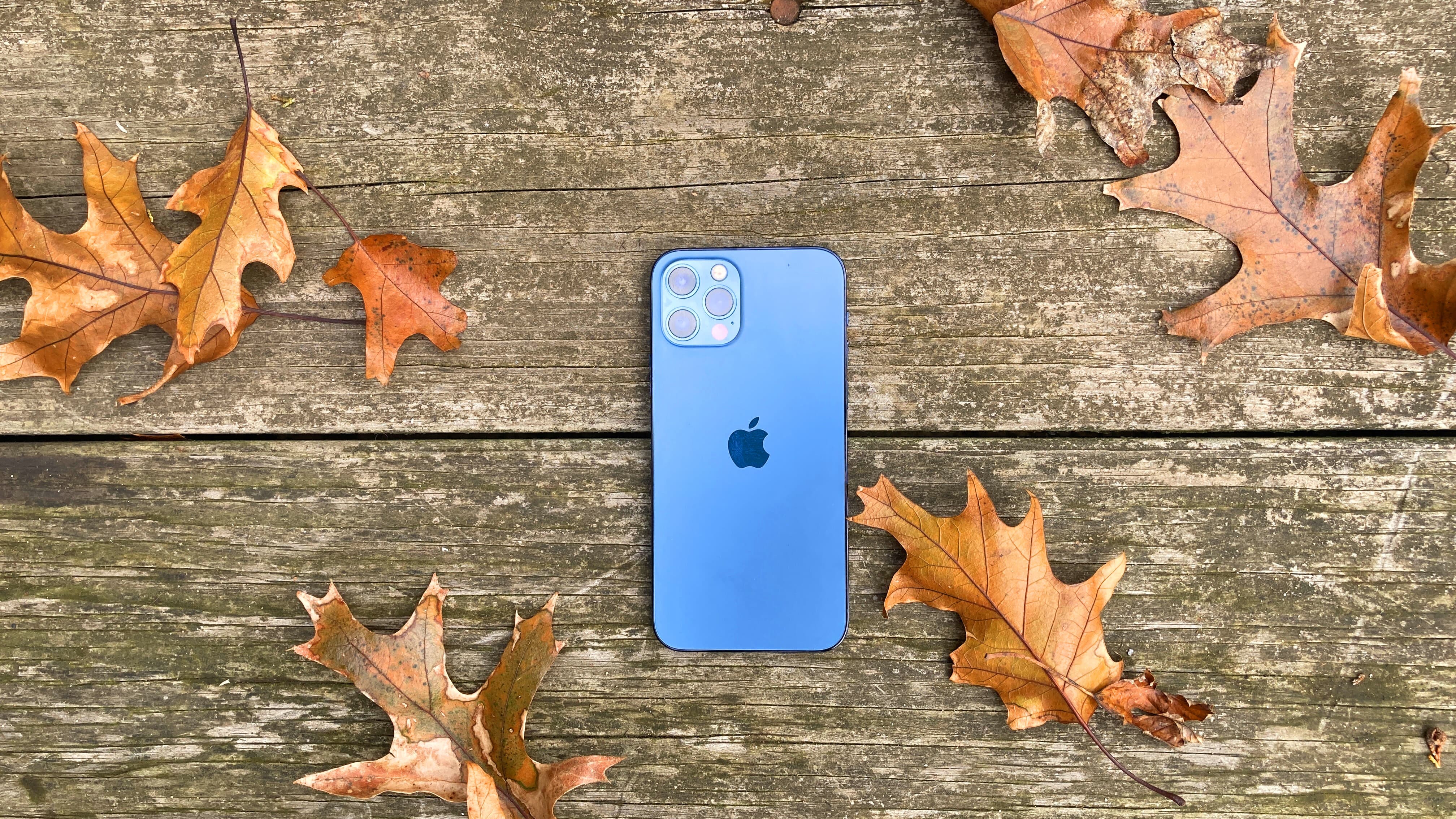
For any iPhone 12 or iPhone 12 Pro owners out there, the transition to the iPhone 14 and 14 Pro may seem tempting on paper, but given how great these phones still are to this day, I think it’s best to wait one more year.
Introducing the world to MagSafe in an iPhone, packing a still-powerful A14 Bionic, and offering a versatile 12MP camera system that I used to shoot videos and launch my own YouTube channel, the iPhone 12 lineup is still showing its strengths. Hold onto yours for now.
If you own an iPhone 13 or 13 Pro — wait two years
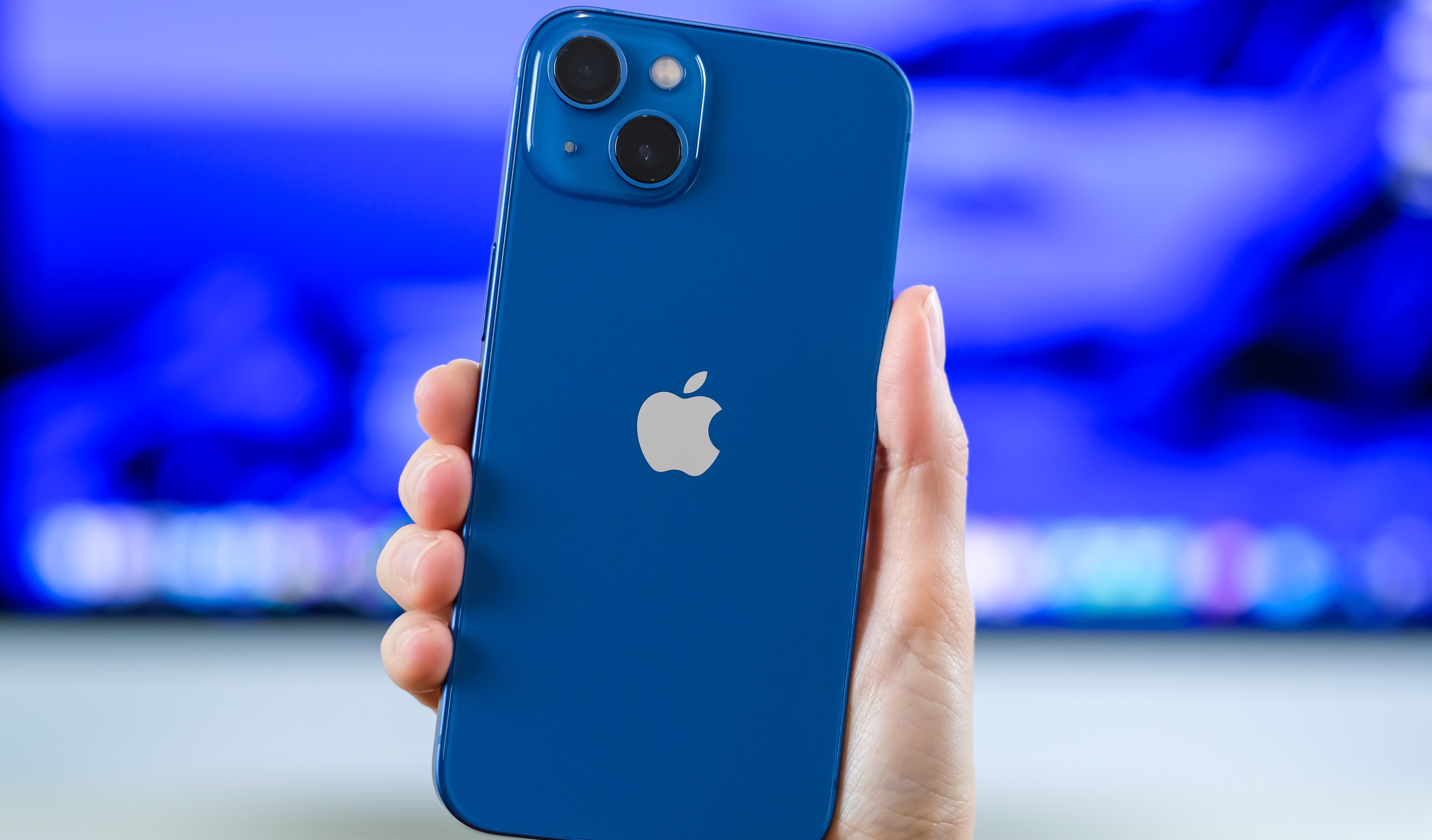
Upgrading from the iPhone 12 Pro to iPhone 13 Pro was the moment I realized that the annual upgrade cycle really isn’t worth it, and it’s why I’m definitely going to be waiting for the iPhone 16 before switching.
The stellar camera system in the 13 Pro has been an incredible asset to my YouTube work, but the 12 Pro is still a beast of a phone. Whatever model of the iPhone 13 you have, it’s going to easily last you two years (and maybe even longer).
If you own an iPhone 14 or 14 Pro — wait three years
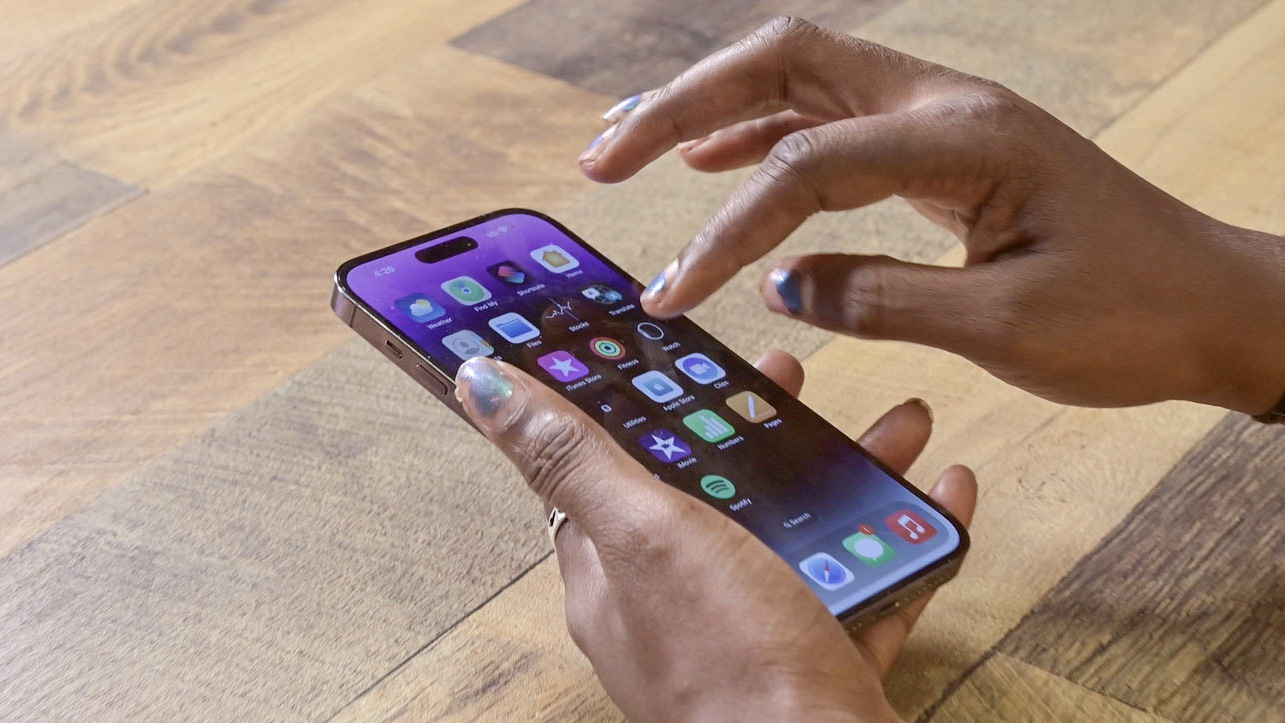
Looking ahead, if you’ve just bought one of the latest iPhone models, then it goes without saying that you’re best off waiting the full three years to make the most of what you have. That includes the latest chips (in the 14 Pro, at least), camera sets, and innovations like the Dynamic Island
Unless you have the money and that sheer will to be on the cutting edge, I’d advise against an annual upgrade cycle. Especially at a time when a lot of us are feeling the pinch, the updates year-to-year (irrespective of aesthetic tweaks) are not worth getting on this upgrade train.
If you own an iPhone SE 2 — wait three years
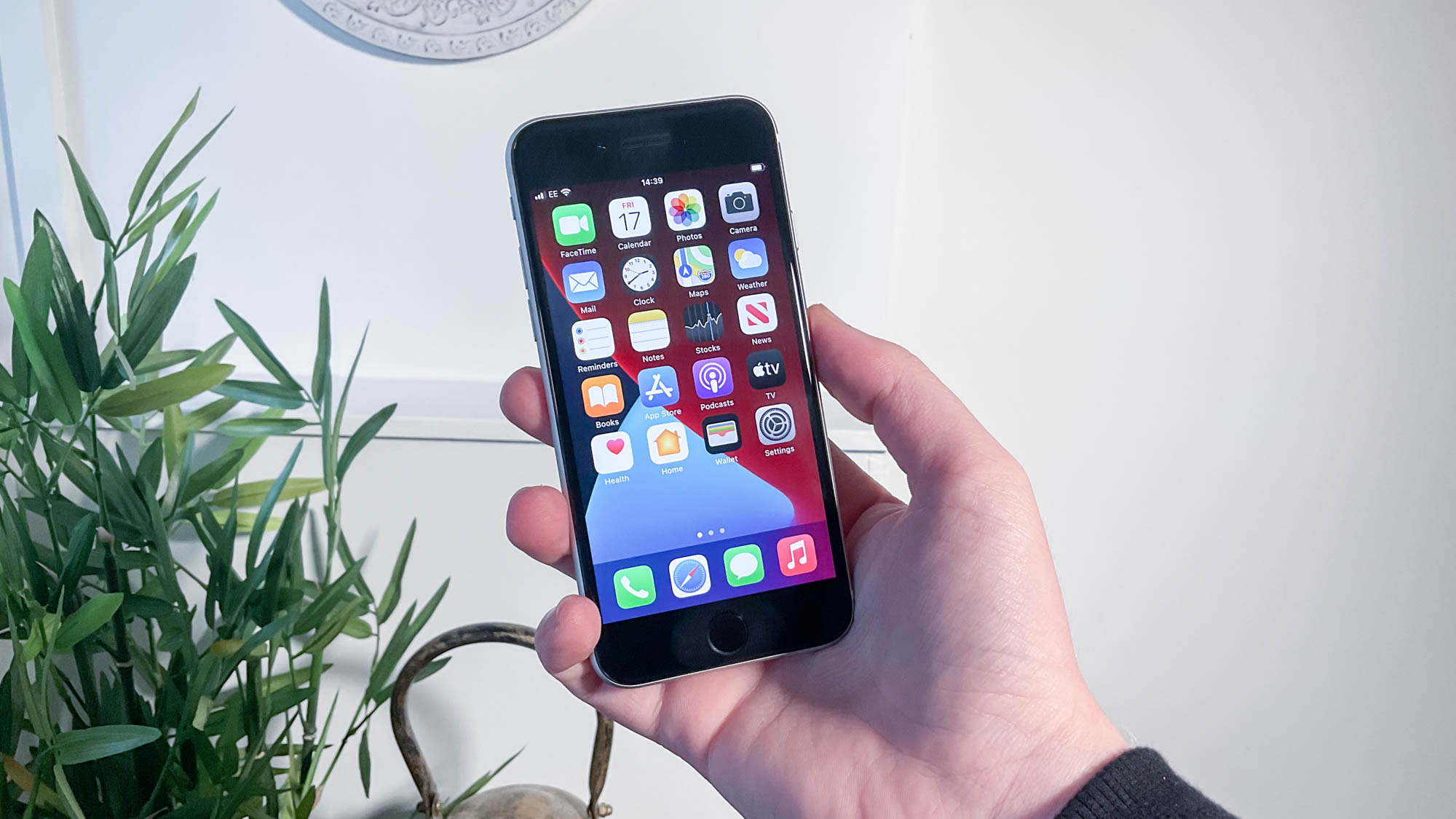
Laptop Mag’s Darragh Murphy said it better than I could — the iPhone SE is one of the best iPhones to buy. For most of you out there, your demands from a phone means you could get away with buying the cheapest model in Apple’s lineup. With the beasty A15 Bionic, it’s easily one of the fastest budget phones you can buy today.
And with that value for money in mind, given that the latest iPhone SE is on the bleeding edge of speed and capability, you’re going to get plenty of software support for a few years to come.
Outlook
As you can probably guess from the time windows I suggest here, the time you should wait from buying your new iPhone to thinking about upgrading is typically three years. However, it could actually be longer.
Sure, there is battery health to worry about, but Apple provides a replacement service (for a cost) that ensures you can renew that stamina before it gets too bad, which means you could keep your iPhone going for years longer than what I suggest here. And while the upgrades in that new phone may seem great on paper, the phone you already have is going to be good enough for a long while, with already impressive specs.
So, before you make any choice, stop and think — separate of the iPhone hype machine. Do you really need to upgrade right now?

